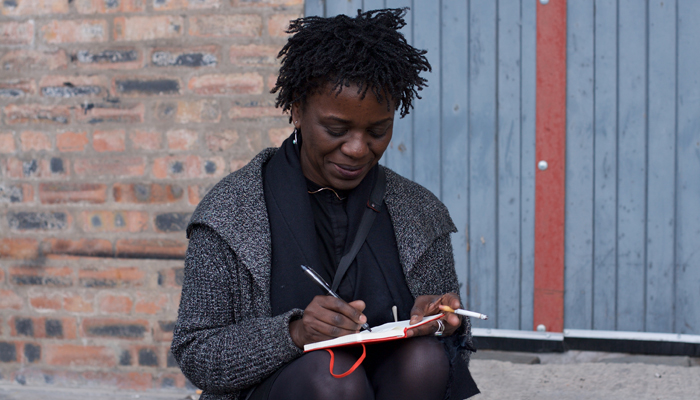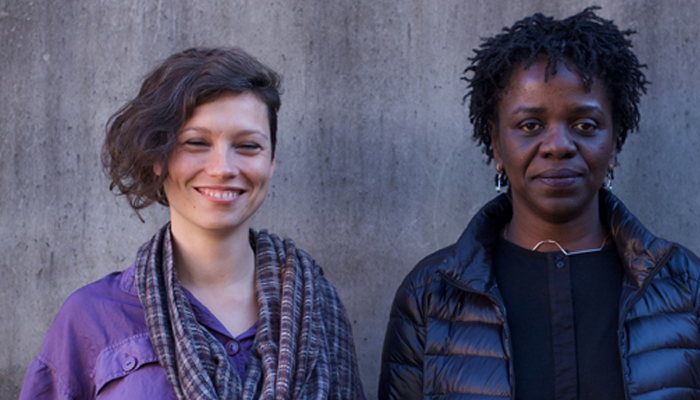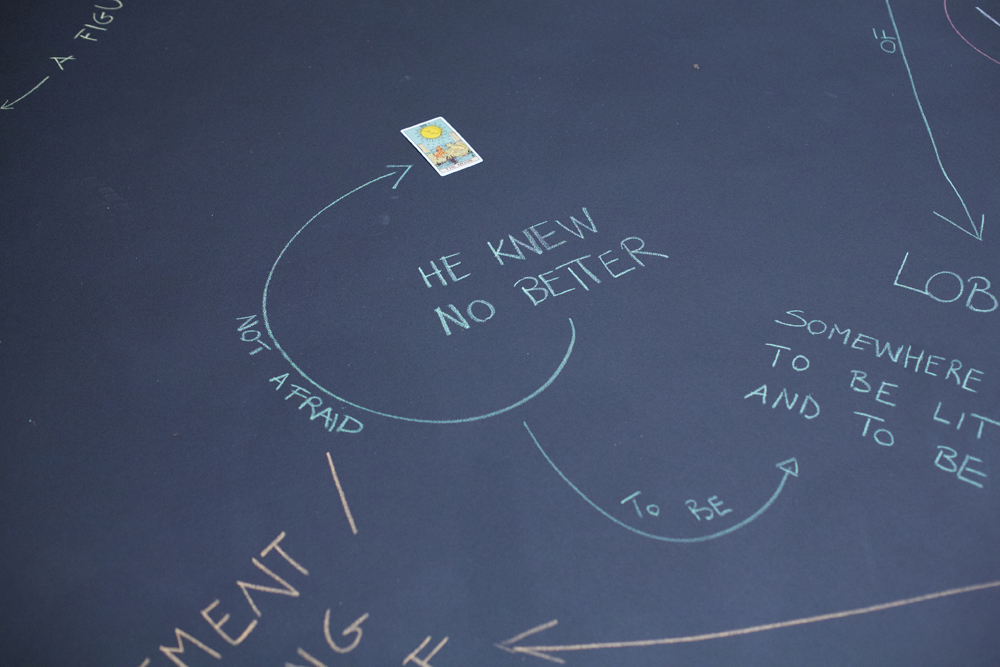
Poethical Readings/Intuiting the Political
Poethical Readings/Intuiting the Political
Open Conversation
A performed, open, public conversation about how we might think politics from the position of intuition, in which Denise and Valentina use un-reasonable tools to map out a hybrid poetical/ ethical reading of their own situations.
ReadWhat we wrote about it at the time: A performed, open, public conversation about how we might think politics from the position of intuition, in which Denise and Valentina use un-reasonable tools to map out a hybrid poetical/ ethical reading of their own situations.
How might we map the complex meanings evoked by the political questions that concern us in all of our different groupings? If institutional forms of care, with their objective, distanced reason, are intimately linked with oppressive forms of contemporary life, what tools could we use instead? Maybe un-reasonable, intuitive, ethical, non-colonial, anti-therapeutic, open, complicating ways of ‘reading’ the situation would be more productive?
Valentina does Fake and Political Therapy. She makes performances. She writes biographies by reading people’s palms. Denise grew up in and was radicalized in a base community in Rio. She is chair in Ethics at Queen Mary, University of London. She reads Tarot. She writes about the law, race, bodies and globalised capitalism.
Additional notes from Denise & Valentina
A poetics can take you only so far without an h. If you’re to embrace complex life on earth, if you can no longer pretend that all things are fundamentally simple or elegant, a poetics thickened by an h launches an exploration of art’s significance as, not just about, a form of living in the real world. That as is not a simile; it’s an ethos. Hence the h. What I’m working on is quite explicitly a poethics of a complex realism. – Joan Retellack, Poethical Wager, 2003
What if, instead of providing a resolution, a direct answer, or a definite interpretation, a reading helped us to navigate the complexity of existence – attending to both its actual and virtual moments – its different positions, relationships and layers that also constitute us? Every reading exposes possibilities, reveals blockages, and shifts perspectives. Beyond the principles of non-contradiction and identity, readings design a space where multiple articulations of situations and events coexist without the imposition of a single meaning or direction.
Belonging to the kind of knowing Walter Benjamin calls intuitive faculty and Carl G Jung names creative thinking, these readings assemble images: Reading as imaging, consists in an assembling that exposes and navigates the complex context constituting the situation, event, or problem that concerns a person or collective at a given moment and place. As such, it aims at expanding the horizon of interpretation, that is, to open up possibilities and unsettle realities.
Documentation
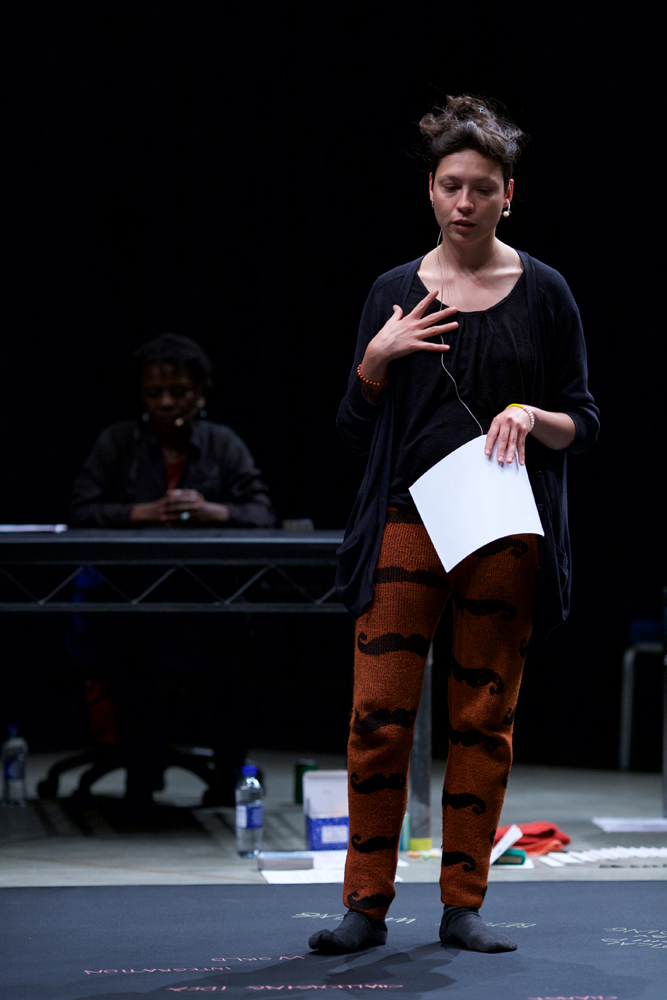
▴ Credit: Alex Woodward
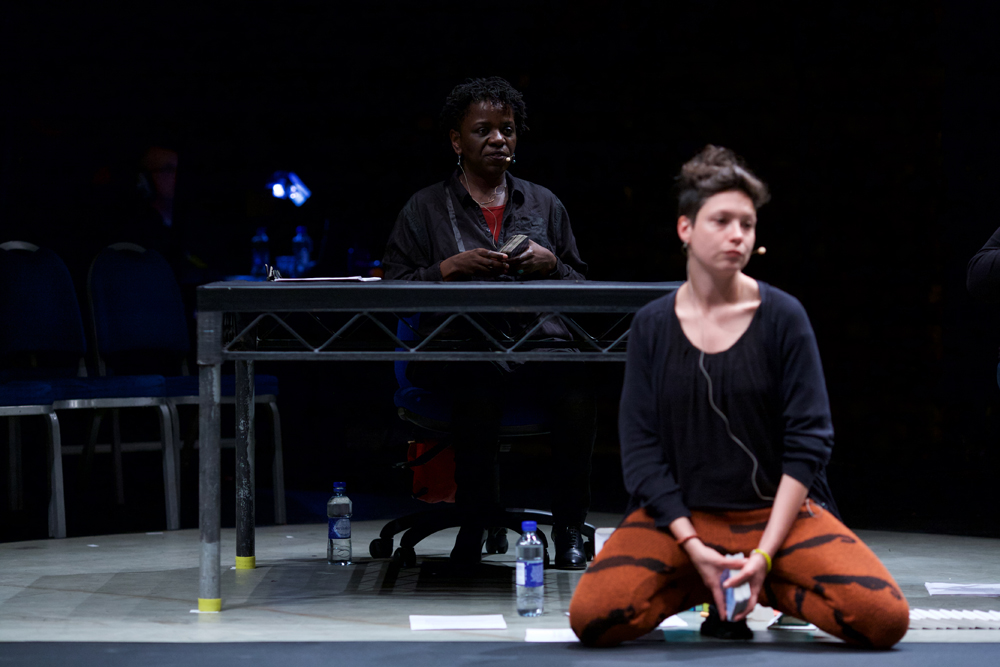
▴ Credit: Alex Woodward
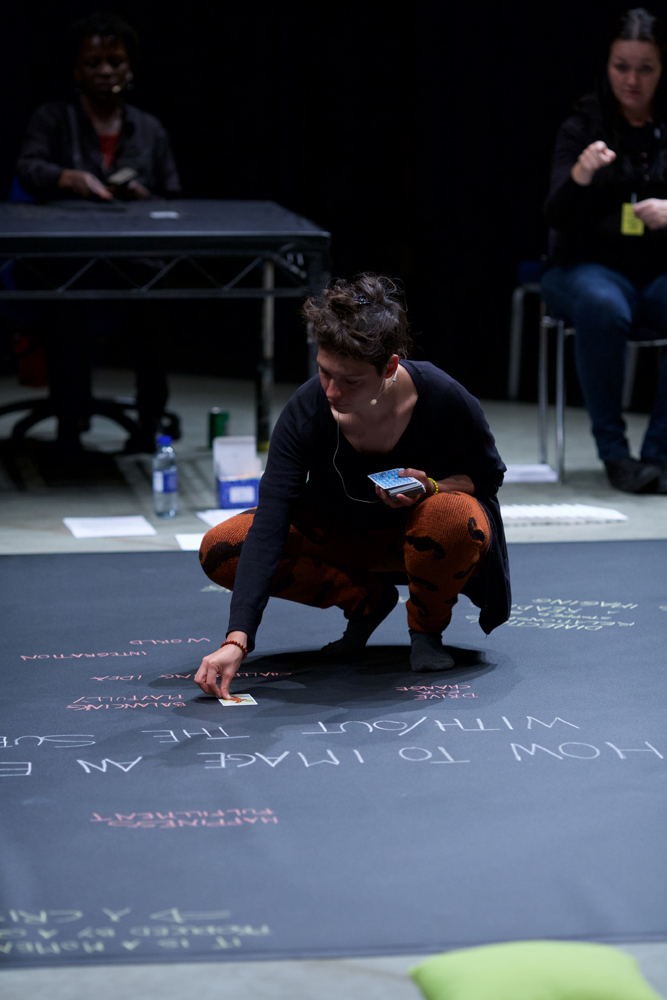
▴ Credit: Alex Woodward
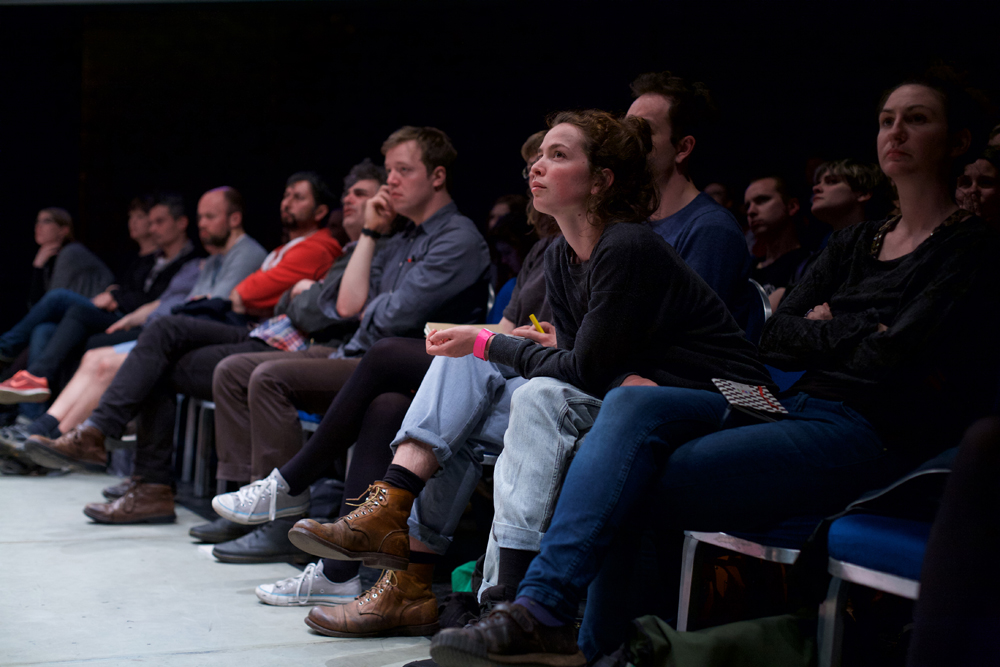
▴ Credit: Alex Woodward
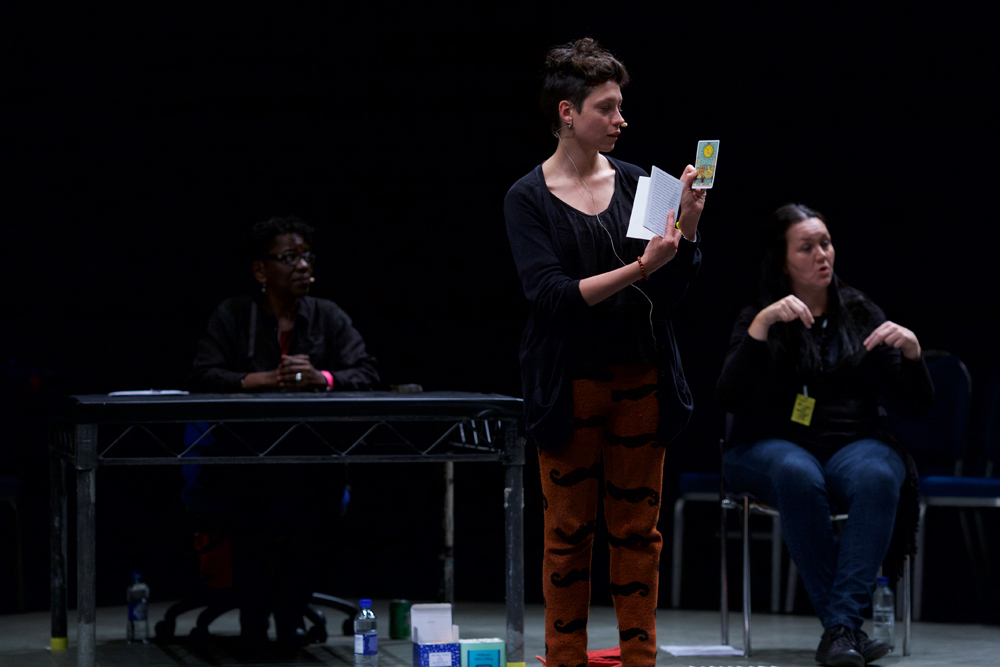
▴ Credit: Alex Woodward
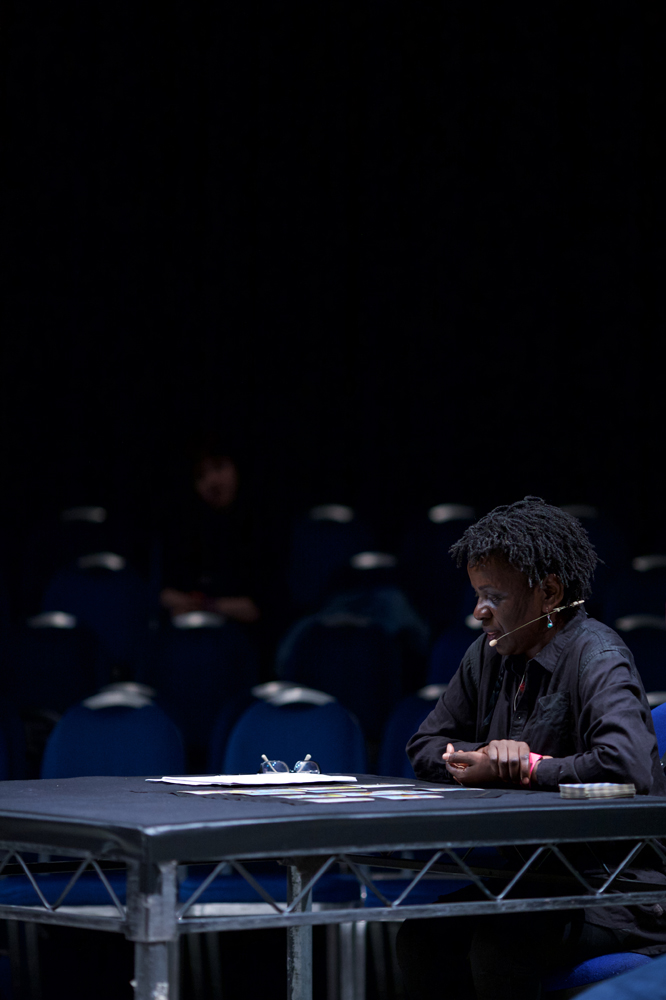
▴ Credit: Alex Woodward
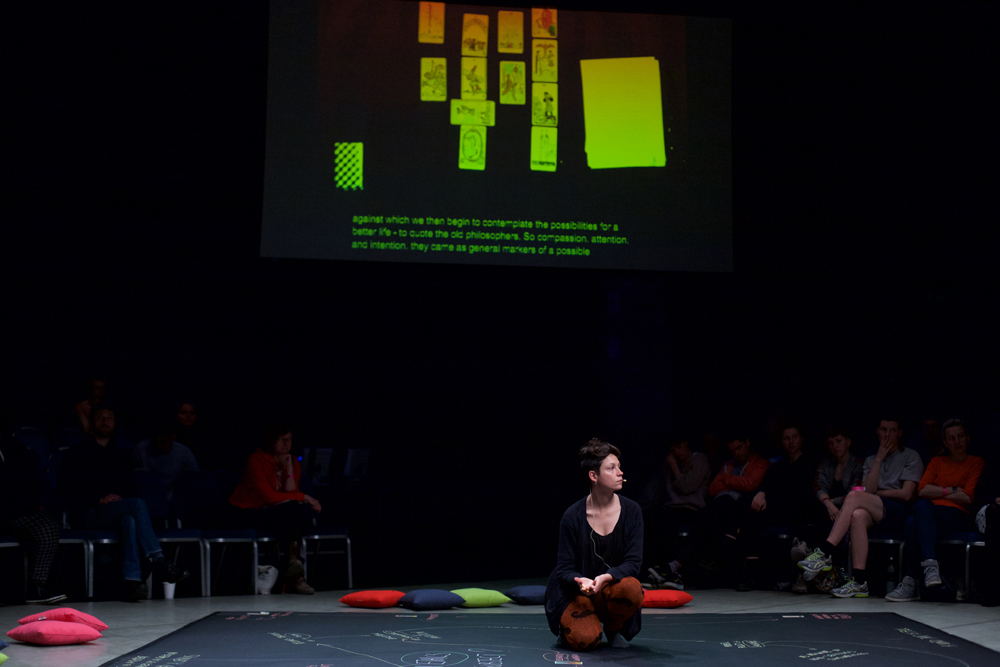
▴ Credit: Alex Woodward
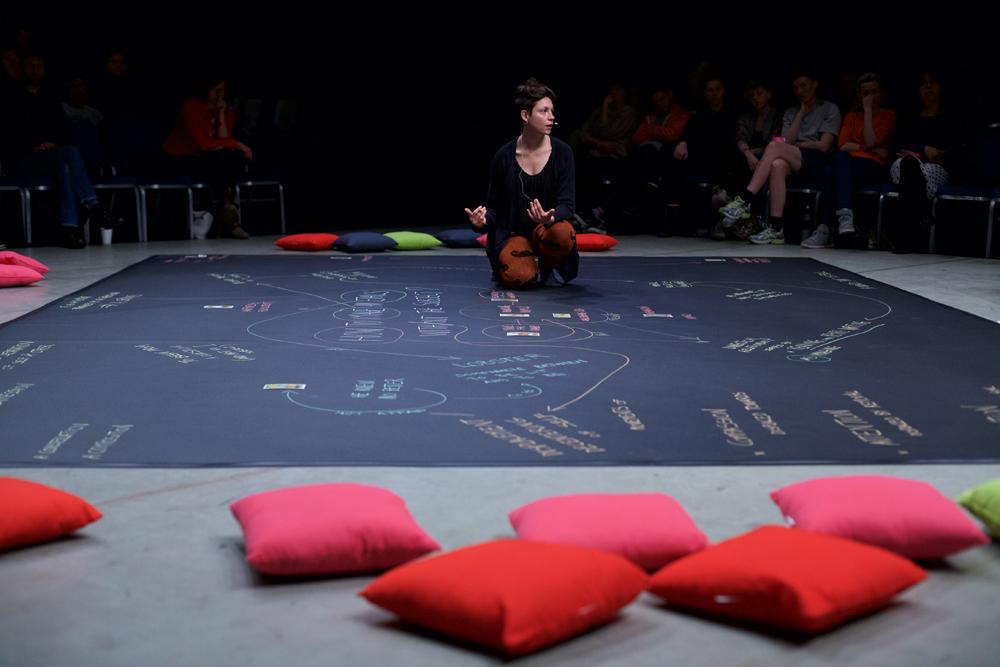
▴ Credit: Alex Woodward
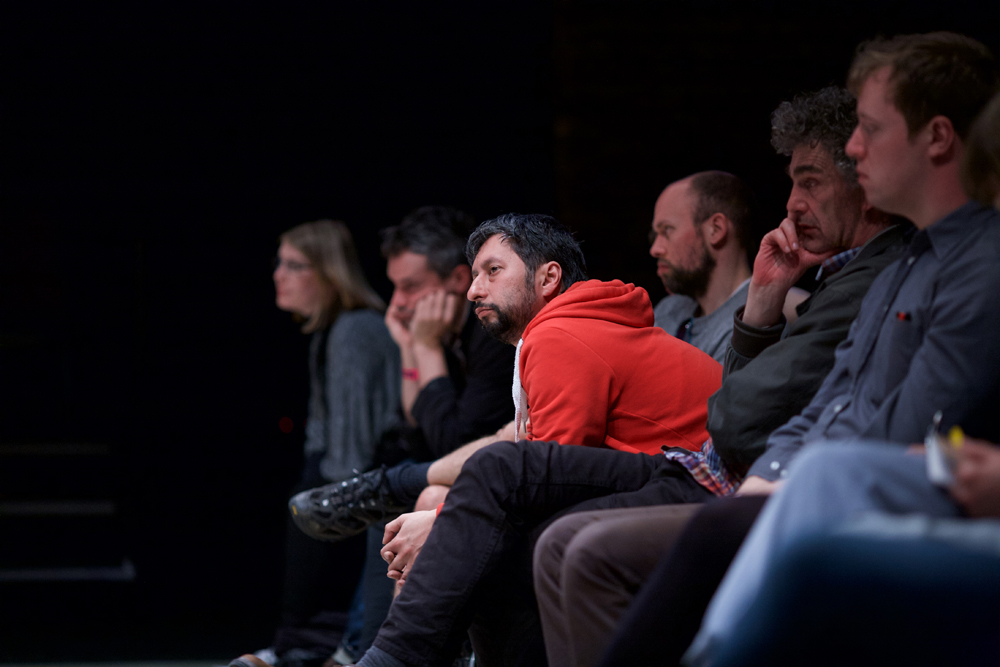
▴ Credit: Alex Woodward
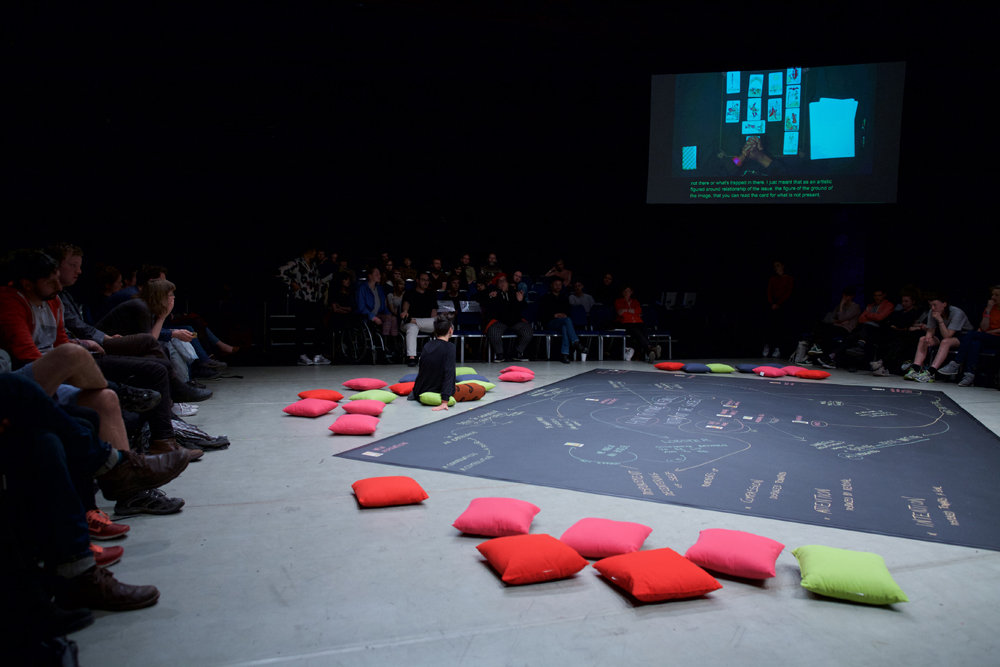
▴ Credit: Alex Woodward
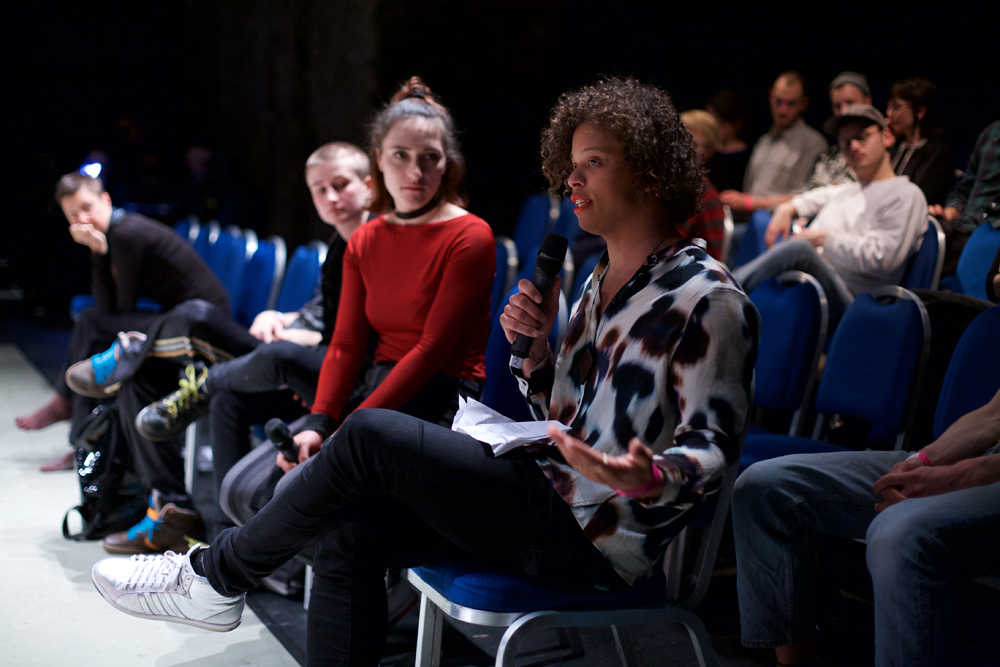
▴ Credit: Alex Woodward
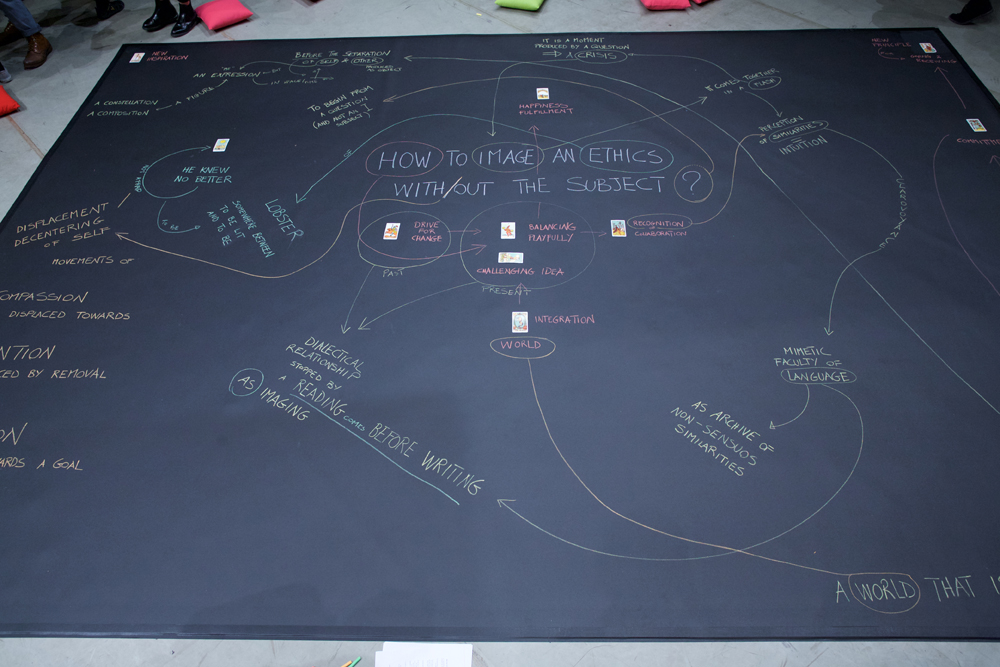
▴ Credit: Alex Woodward
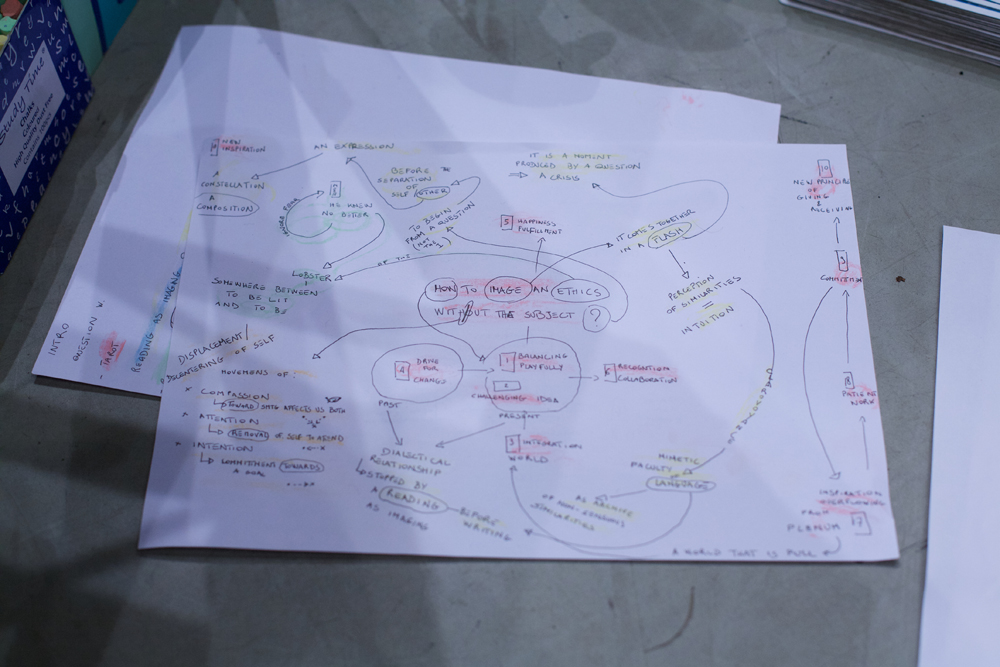
▴ Credit: Alex Woodward
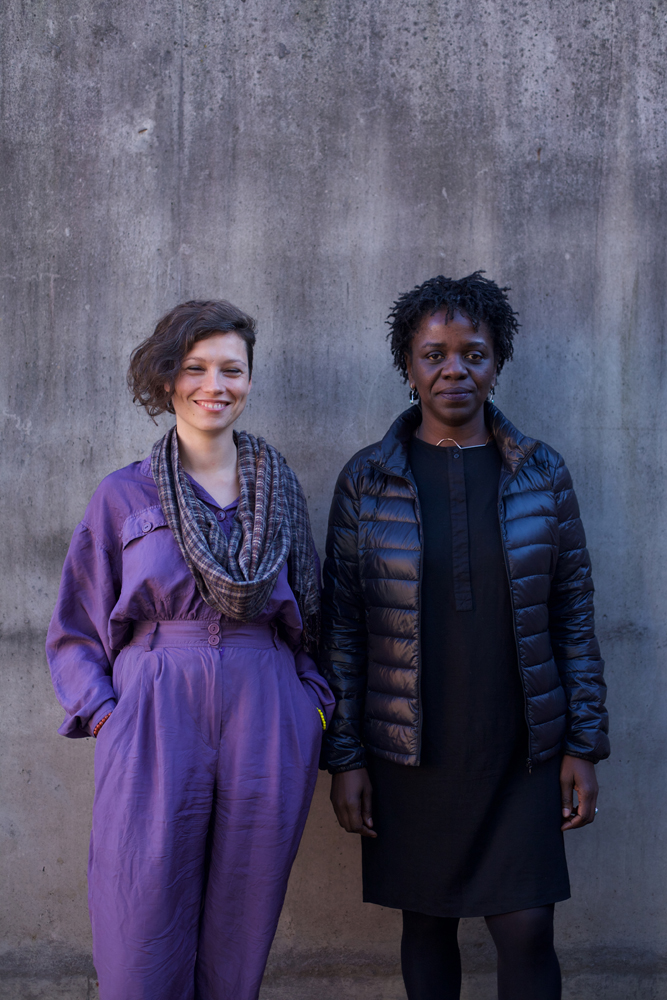
▴ Credit: Alex Woodward
